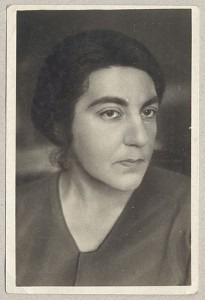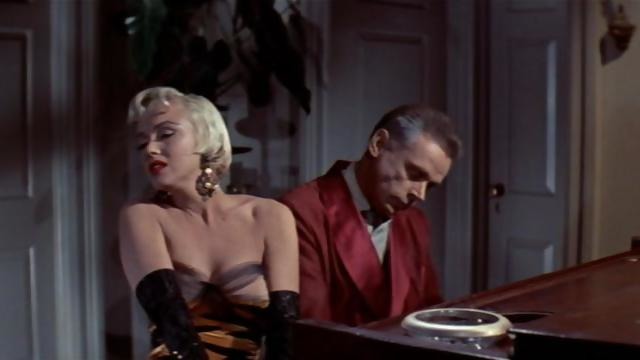
Marietta Shaginyan
Despite his reservations and exhaustion as a result of playing an extraordinary number of concerts, Rachmaninoff still felt the urge for success and applause. “Applause is like oxygen,” he wrote to Marietta, “it warms your soul and you feel yourself a creator, if only for a half hour.” Leo Tolstoy knew this, as he once told me about a musician who died simply because no one was saying he was any good.” And Marietta confided in her diary “Rachmaninoff is absolutely fantastic as a pianist. His playing was so incredibly demonic; he could make you believe everything he wanted by just playing the instrument.” Yet, by the spring of 1916 Rachmaninoff was struck by arthritis in his hand joints, an affliction that would torment him for the rest of his life. He headed for a sanatorium in the Caucasus, and Marietta quickly came for a visit. She immediately realized the seriousness of the condition, “There were tears welling up in his eyes, his voice was trailing off as he said he was no longer able to work and write on, that he would never be more than just a well-known pianist and a mediocre composer. His voice was horrible, dead, as is spoken by an old man, his eyes had lost their sparkle. His face was gray and tortured… I was trying my best to express to him my heartfelt sympathy and unwavering faith in his huge talent, to wrap him in my faith to make him feel better. When he calmed down a bit I opened my notebook with poems and we started looking for something he could use in his love songs.” The musical result of Marietta’s therapy emerged most forcefully in his Opus’ 34 and 38.
Sergei Rachmaninoff: 6 Songs, Op. 38
The revolutionary political stirring of 1917 forced Rachmaninoff to make some rather difficult decisions. Fearful that he would be losing his estate, his children, and everything he has worked for, he contemplated going abroad with his entire family to sit out the hard times. Marietta was trying to persuade him to stay, “fearing that leaving Russia, he would lose his bearings.” But Rachmaninoff had made up his mind, and they last met at a concert in Kislovodsk on 28 July 1917. After the concert Marietta approached him. “The southern night was fragrant with roses, the soil and the poplars, and the moths were billowing in pillars of bright light. I saw him from afar, he was standing there, a cigarette sticking out of his mouth and staring into the star-studded sky. He was glad to see us; we sat down on a chair in the alley right next to the concert hall and talked and talked and talked…” In late 1917 Rachmaninoff and his family left for America where he spent the rest of his life. A few weeks after his departure he writes to Marietta, “My dearest Dee, today, as I was sorting out the mess on my desk, I re-read some of the letters you sent me. Then, before I even knew it, I was filled with such tenderness that I wanted to see you right away, to hear you, to sit down and talk to you from heart to heart, about you, about me, about anything. Where are you, dear Dee? Will I ever see you again?” They would never again meet face to face and Marietta dejectedly wrote in her diary, “He was so ultimately Russian, so much in love with the Russian land, the Russian village and Russian peasants! And so homesick too, a great son of his country forced to live so far away from it and be buried in a foreign land.”




This is nonsense, rachmaninoff was a pallbearer at scriabin’s funeral and they were friends and companions despite their musical differences